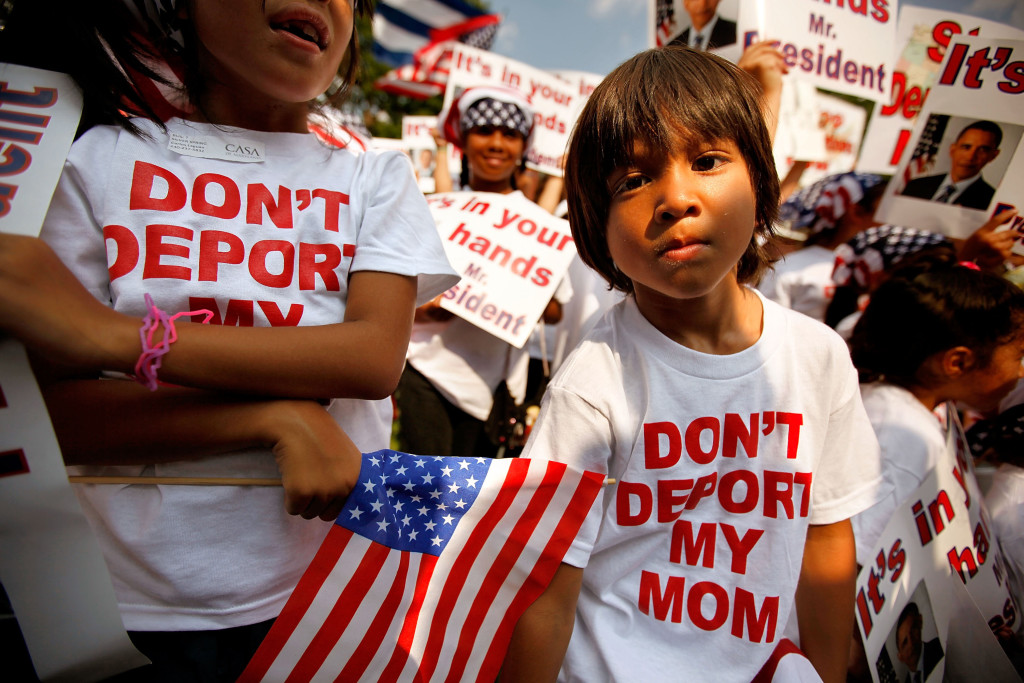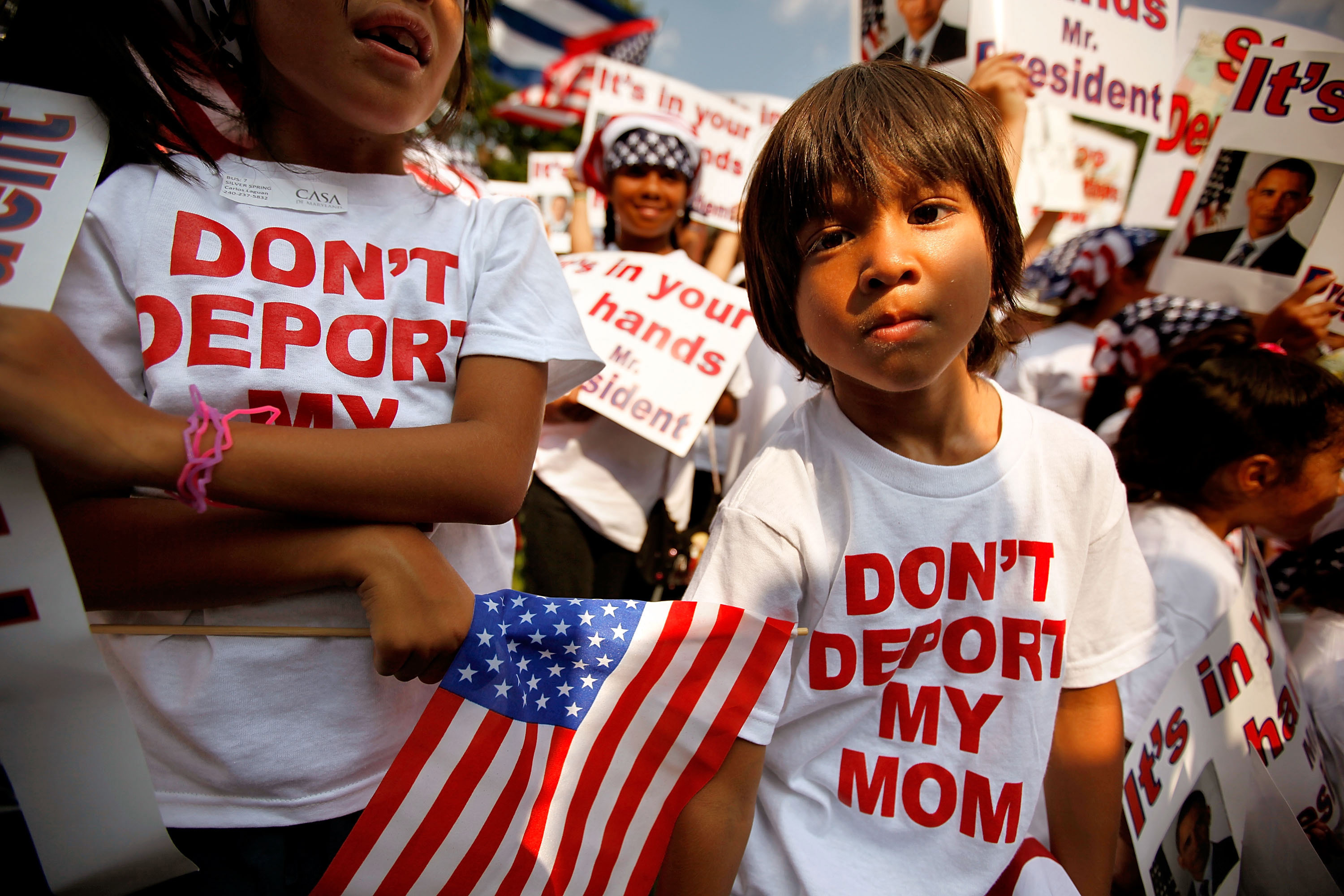“Growing Up in the Shadows” of Illegal Immigration

September 29, 2011
Share
About 5.5 million children in the U.S. have a parent who is here illegally; some of these kids are as well. And they’re not faring particularly well, according to one recent study.
Educational delays, health problems and trouble entering the workforce are just some of the problems they face while growing up “in the shadow of the law,” says a new report released yesterday in the Harvard Educational Review. Living under the constant threat of deportation, illegal immigrants are less likely to take advantage of assistance their children may be eligible for, such as child-care subsidies, public preschool programs and food stamps.
The study highlights the social impact of not being “here” but not being “there” either. The authors point out that even if families with undocumented members try to put down strong roots in a community, they live a day-to-day existence of “liminality,” or a state of perpetual transition. Being a “betwixt and between” resident allows them to participate in normal social rituals, but they are not fully accepted or acknowledged by society. This “ambiguity of belonging” can be particularly devastating for young people finding their way in life.
According to The New York Times, the study — which looked at immigrants from a variety of backgrounds — is the first to combine the field research of social scientists across the country and to track children from birth through college.
Stay tuned for our upcoming broadcast on immigration detention next month, where among other things, we explore how new Obama administration policies affect the children of illegal immigrants in the U.S.
Photo: Dozens of U.S.-born children from across the country traveled to the White House with their undocumented parents to march and demonstrate against deportations. (Chip Somodevilla/Getty Images)
Related Documentaries
Latest Documentaries
Related Stories
Related Stories
Explore
Policies
Teacher Center
Funding for FRONTLINE is provided through the support of PBS viewers and by the Corporation for Public Broadcasting, with major support from Ford Foundation. Additional funding is provided the Abrams Foundation, Park Foundation, John D. and Catherine T. MacArthur Foundation, Heising-Simons Foundation, and the FRONTLINE Trust, with major support from Jon and Jo Ann Hagler on behalf of the Jon L. Hagler Foundation, and additional support from Koo and Patricia Yuen. FRONTLINE is a registered trademark of WGBH Educational Foundation. Web Site Copyright ©1995-2025 WGBH Educational Foundation. PBS is a 501(c)(3) not-for-profit organization.





















